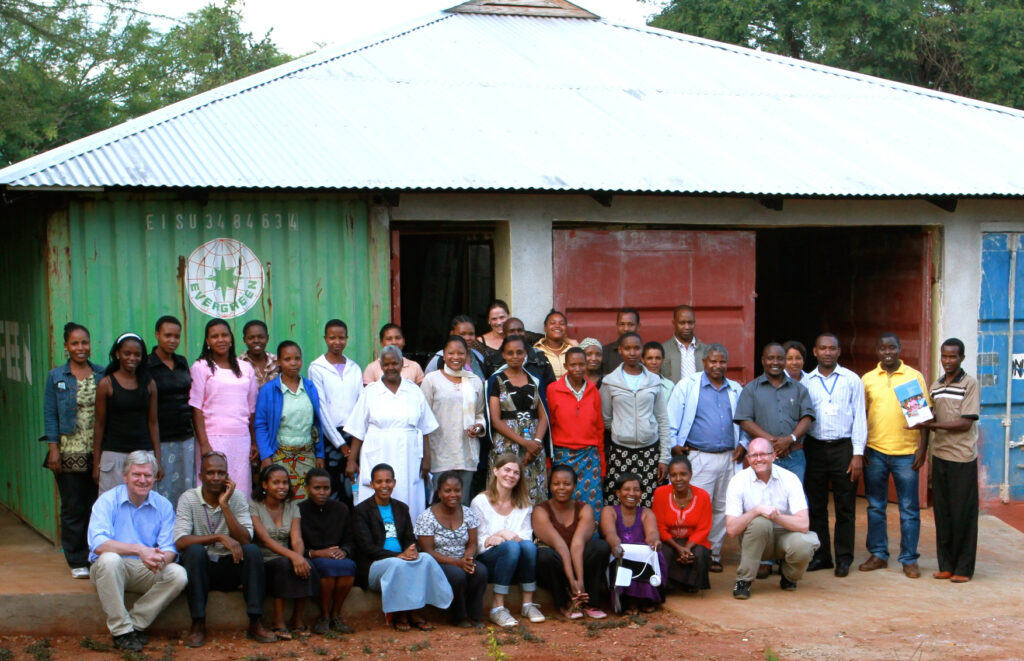
“A few years ago, I helped conduct a Safer Births training session with a group of midwives. We practiced how to make decisions and manage newborn resuscitation. After the session, the enthusiasm of the midwives was electric. They knew what they had learned would save lives of mothers and newborns.
As I was leaving the building, I noticed that one of the midwives was weeping quietly in a corner. I approached her and asked if she was unhappy with the training, if she felt overwhelmed. She told me that during the training, she realized how valuable this skill was to save newborns in the future, and she was hopeful. But at the same time, she was devastated by those she had lost. She expressed the feeling of helplessness when she did not know how to help when newborns experienced birth complications. And she now realized that some of the newborns she thought were dead could have been saved by simple interventions had she been trained.
It’s stories like this that remind us why our work is so important. It’s our goal to save the lives of mothers and newborns, but it’s also to support the nurses and midwives who deserve to know that they have done their best, to give them the confidence in their training and in themselves to do their essential work with skill and with pride.” Dr. Estomih Mduma
“It is unbelievable how we used to lose babies based on a low and unheard heart rate. Now we have Neobeat which can detect even the lowest heart rates. We are able to save so many babies and it feels so good being able to see the heart rate rise while we resuscitate.” Healthcare provider, Mbulu Hospital, Manyara
“Recently, I had a case of birth asphyxia. The baby seemed dead, completely dead. But the nurse called for help and begun doing the Helping Babies Breathe algorithm. Can you imagine the baby came back? The baby breathed! I can say for sure, the Safer Births Bundle of Care will help a lot of babies and their mothers.” Data Collector, Urambo Hospital, Tabora
“The training was so detailed and language friendly. I am seeing changes already. The staff is prepared to handle a baby in a case of distress. Preparation was an issue in the beginning, but now everyone is speaking one language, the assessments were very important to ensure everyone is performing. It was devastating to have a mother attend around 4 to 5 antenatal visits all her pregnancy only to lose the baby or have one with cerebral palsy just on the day of delivery. Usually this can be avoided by better preparation or adhering to the Golden Minute. I am telling you, the future is bright for my team.” OBGYN specialist, Sengerema DDH, Mwanza